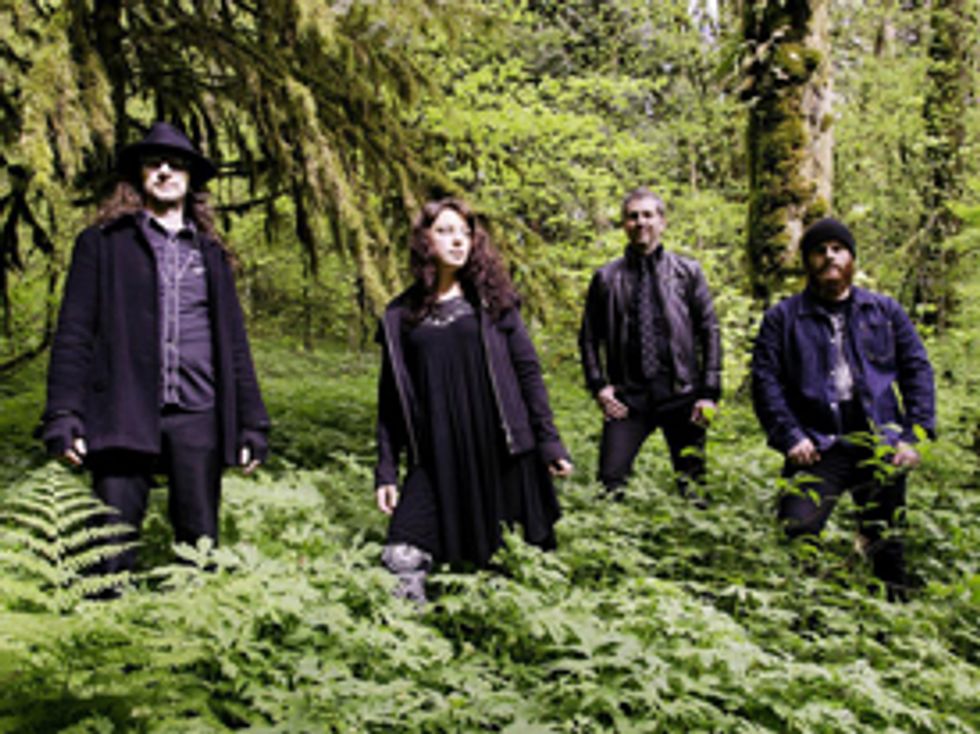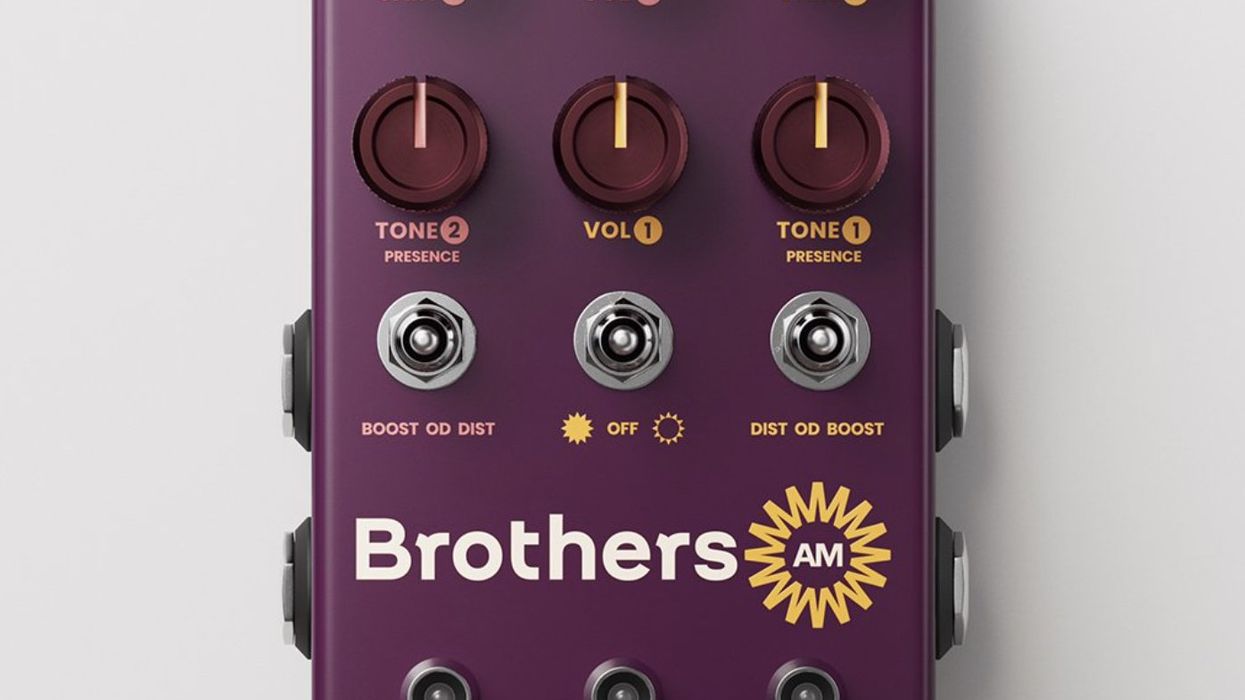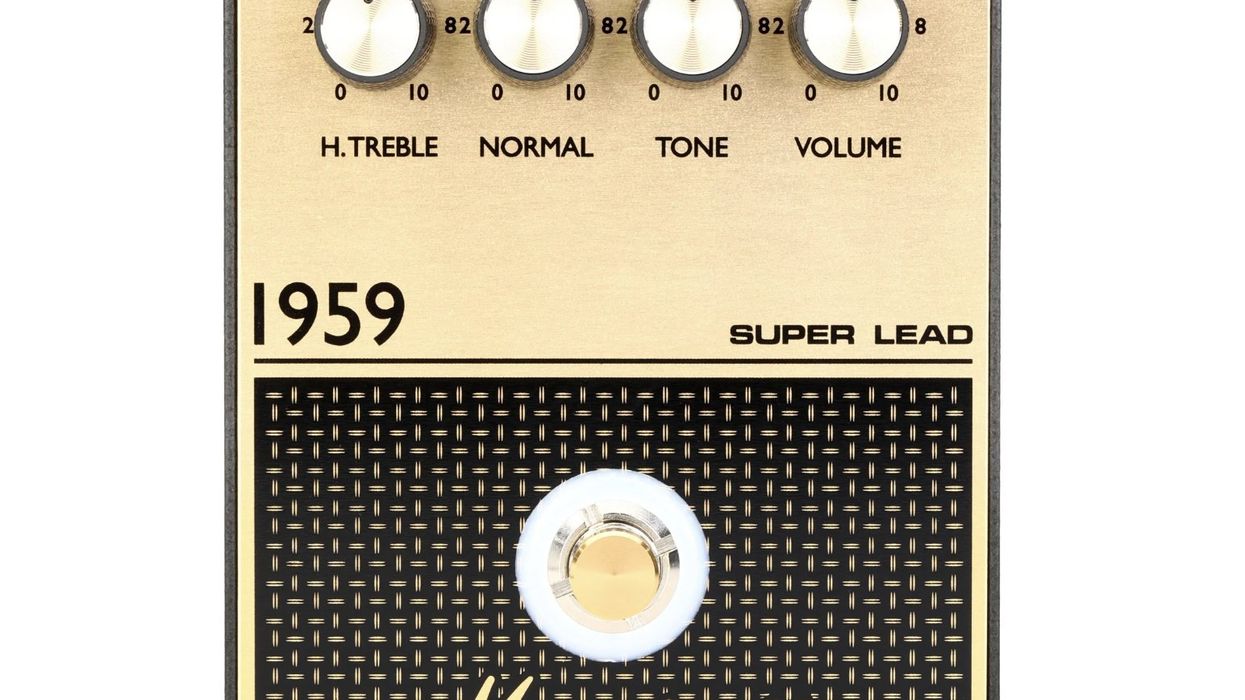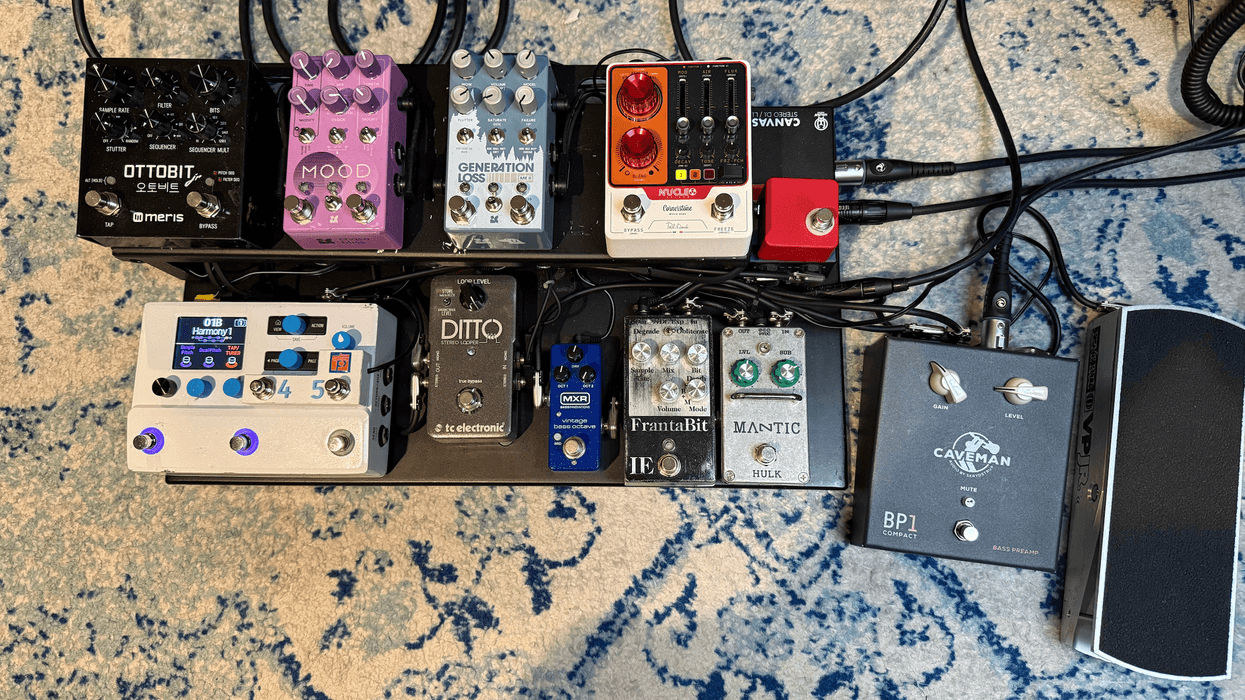
Anyone who questions a doom-metal band with a female singer should shut up and listen to Witch Mountain. Uta Plotkin gives the plodding Portland, Oregon, quartet something that most male frontmen of the genre lack—soul. And we’re not talking about the affected vocal gymnastics of estrogen-charged R&B: Whether she’s hitting high, wailing notes or pained primal growls, Plotkin belts it out with raw, palpable feeling—but she never overdoes it. Alongside Rob Wrong’s titanic guitar sludge and a thunderous rhythm section, she often sounds like another instrument. Plotkin knows when to lay back and when to detonate.
Since joining in 2009, Plotkin and Witch Mountain have played with doom gods like Pentagram, High on Fire, Spirit Caravan, Electric Wizard, YOB, Weedeater, Eyehategod, and Blue Öyster Cult. The band’s sophomore album, South of Salem, was awarded the “#4 Best Metal Album of 2011” by NPR. What does National Public Radio know about metal? Let’s just say that you’ve never truly partied until doing knife-hits and whippits with Terry Gross backstage at a Saint Vitus show. Seriously though, NPR aptly described Wrong’s guitar playing: “…[His] riffs want to bore into your skull, crack open a beer and make you a lifer.”
“Psycho Animundi,” the nine-minute opening track from Witch Mountain's forthcoming album, Mobile of Angels, serves as a solid reminder that even Black Sabbath started out as a blues band. No, this isn’t the kind of song that G.E. Smith would jam along with. But it takes those Sabbath-esque roots, elongates them, drop-tunes them, distorts them, and layers Plotkin’s black magic all over the top. And then there are her spoken-word bits and fragments of self-harmonies, which sound simply bewitching. witchmountain.bandcamp.com

















